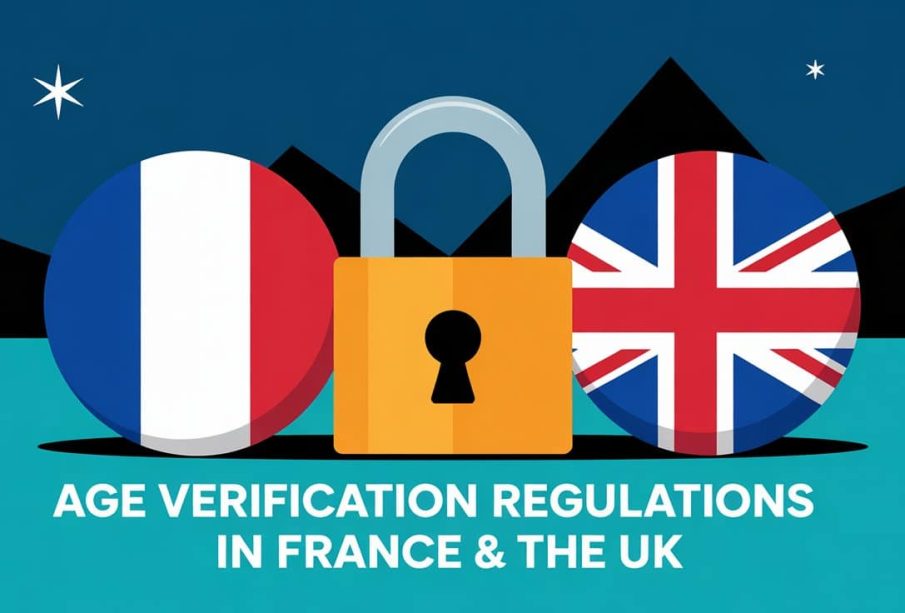Understanding Age Verification in the UK

Introduction
Age verification has become an increasingly important topic in the United Kingdom, particularly as society embraces digital technologies and online platforms. With the rise in age-restricted services such as online gambling, alcohol sales, and adult content websites, ensuring that users are of legal age has become vital for protecting minors and promoting responsible consumption. Recent government initiatives and new legislation highlight the challenges and solutions associated with effective age verification in the UK.
Current Legislative Landscape
The UK government has been reviewing age verification processes, particularly following the findings from the Digital, Culture, Media and Sport Committee. The committee’s report emphasises the necessity of having a robust framework to protect children from accessing inappropriate content. In March 2023, the UK government proposed the Online Safety Bill which outlines stricter regulations for age verification, requiring platforms that host age-restricted materials to implement reliable age checks for users.
Methods of Age Verification
Various methods are currently used to verify the age of individuals accessing sensitive content. These include:
- Document Verification: Users are asked to submit identification documents such as passports or driving licences.
- Biometric Verification: Some companies are using facial recognition technology to confirm that an individual matches their ID.
- Third-Party Services: Several online services offer dedicated age verification solutions that can authenticate age without exposing personal data.
While these methods have their pros and cons—ranging from privacy concerns to ease of use—it’s clear that a reliable age verification system is required to meet the new legislative standards.
Impact on Businesses and Consumers
The new age verification regulations are likely to have far-reaching impacts on businesses across various sectors—especially those operating online. Companies that fail to comply with age verification requirements risk penalties or being blocked from operating in certain markets. On the other hand, effective implementation of age verification can help build trust with customers who prioritise the safety of their children online.
Conclusion
As the UK government moves forward with its plans to enhance online safety for minors, age verification will play a crucial role in determining how services are accessed. While the adjustments required may lead to challenges for businesses, ultimately, effective age verification could contribute significantly to a safer online environment. For consumers, understanding these regulations and their implications can help in making informed decisions about the platforms they use. Continued dialogue and adaptation will be essential as technology evolves and new methods of verification emerge.








